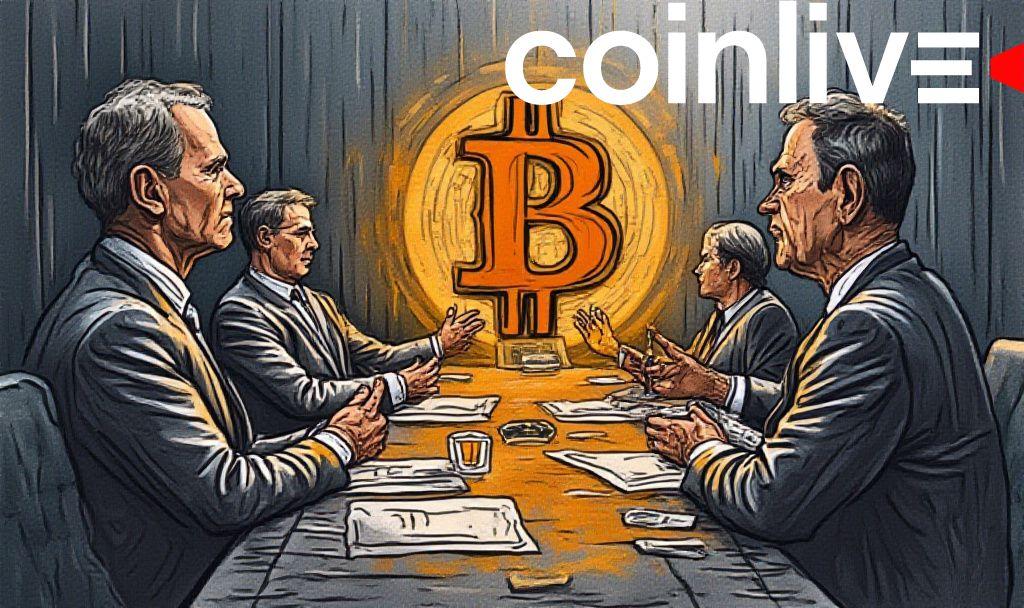- Bitcoin Policy Institute calls for U.S. leadership in Bitcoin infrastructure.
- BPI emphasizes Bitcoin’s strategic role in national reserves.
- Manifesto supports establishing a U.S. Strategic Bitcoin Reserve.

BPI’s manifesto highlights Bitcoin as strategic for U.S. security, resonating with policy shifts including the proposed U.S. Strategic Bitcoin Reserve.
U.S. Leadership in Bitcoin Infrastructure
The Bitcoin Policy Institute, a U.S.-based think tank, released a manifesto calling for the nation to assume a leading role in Bitcoin infrastructure. Comprised of economists, technologists, and scientists, BPI underscores Bitcoin’s potential as a national strategic reserve. BPI’s mission statement highlights their commitment to providing in-depth research that transcends hype, aligning with the global shift towards digital monetary systems. Visit Bitcoin Policy Institute’s website.
Impact on U.S. Economic Strategies
The impact on Bitcoin is significant, with potential ripple effects on U.S. economic strategies. President Trump’s executive order, which defines seized Bitcoin as a national asset, aligns with BPI’s emphasis on Bitcoin’s strategic importance. Former President Donald Trump stated, “Our country must be the leader in the field,” supporting the creation of a U.S. Strategic Bitcoin Reserve. While Bitcoin stands as the focal asset, effects on other cryptocurrencies like Ethereum remain unchanged. The move signifies a potential reorientation of U.S. policy toward digital assets as integral to economic security.
Global Influence of U.S. Policy
The potential establishment of a U.S. Strategic Bitcoin Reserve could influence global digital asset policies. Historically, the executive discussion on national reserves involved traditional assets, marking a shift toward digital fiat strategies. BPI’s focus may prompt further regulatory frameworks, fostering a Bitcoin-friendly ecosystem in the U.S. For more detailed recommendations, refer to Digital Assets 2025.
Official Statements and Discussions
For further insights into official policies, see the press release from U.S. Treasury Department. Also, ongoing discussions are frequently updated on platforms like Twitter.








